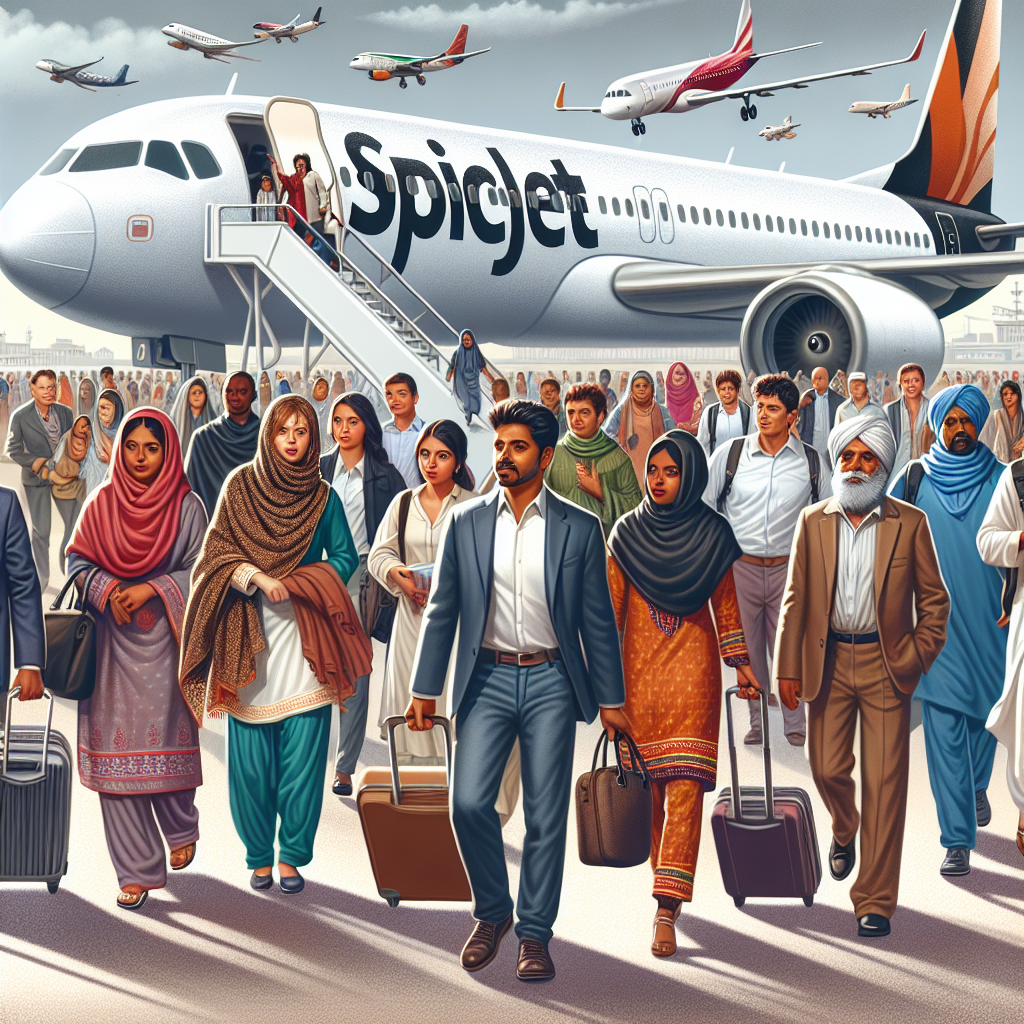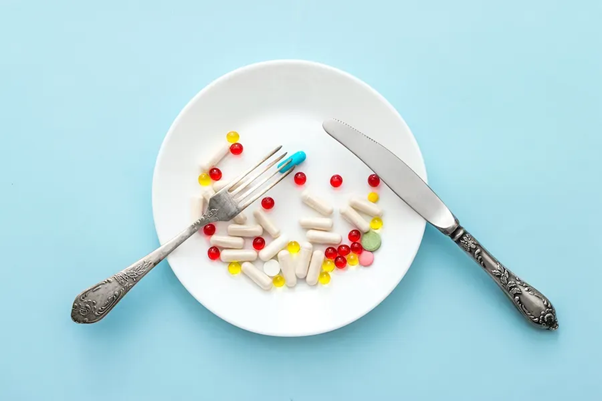Martha Stewart ’s five dogs – Empress Qin, Emperor Han, Creme Brulee, Bete Noire and Luna Moona – know the 83-year-old mogul will wake up and take them out to her courtyard at five every morning, an hour and a half before her trainer arrives for their 60-minute aerobic exercise session. Friends fans know Jennifer Aniston rises at 4.30am to chug a mug of hot lemon water , while Michelle Obama wakes at that hour to work out.
That’s child’s play compared with Mark Wahlberg ’s 3.30am wake-up (famously 2.30am in a bygone era), which precedes prayers, vitamins, a workout and almost nine hours of fasting.

Jennifer Aniston, pictured here in 2019, wakes up at 4.30am every morning and has a mug of hot water with lemon in it. Credit: Evan Agostini/Invision/AP But winning first place for sheer, let’s call it commitment, is Ashton Hall.
More than 100 million TikTok users worldwide have seen him out-commit them all. Hall, an online fitness coach, wakes up at 3.52am, and his morning routine includes pushups at 4.
04am, dunking his face in a bowl of ice water at 5.49am, journalling, going to the gym, ablutions, a mini-facial using the insides of a banana, and dunking his face in ice water again before starting work after 9am. All up, his morning routine takes five hours.
Hall could probably solve global economic instability in a week if he wanted to change up priorities a little. Social media can’t get enough of morning routines, with videos under #MorningRoutine racking up more than 47.4 billion views on TikTok, and at least 1.
5 million posts flooding the hashtag on Instagram. Hall’s elaborate morning routine is not so much about kick-starting a focused, enjoyable and successful day, rather it’s about entertainment and the commerce of content creation. But is this wellness trend of announcing your morning routine to the masses harmless fun, or something more? What “disturbs” and makes clinical psychologist Dr Alissa Knight “uncomfortable” about our fascination with morning routines is when it moves beyond maintenance, or even the standard striving to be a better version of yourself, into a full-blown “pursuit of perfection”.
“If someone is feeling a push towards achieving ultimate perfection, that it will be the saviour to all their problems, and that message has been enhanced through endless TikTok exposure, that is when you know someone is at risk of developing mental health issues, and [reducing] the quality of their life,” Knight says. “Because no one can achieve perfection, it is an unrealistic fallacy.”.
Health

Ashton Hall has a five-hour morning routine. People are obsessed

CEOs, celebrities and work colleagues swear that the right start to the day increases performance and productivity. But when does it all become too much?















